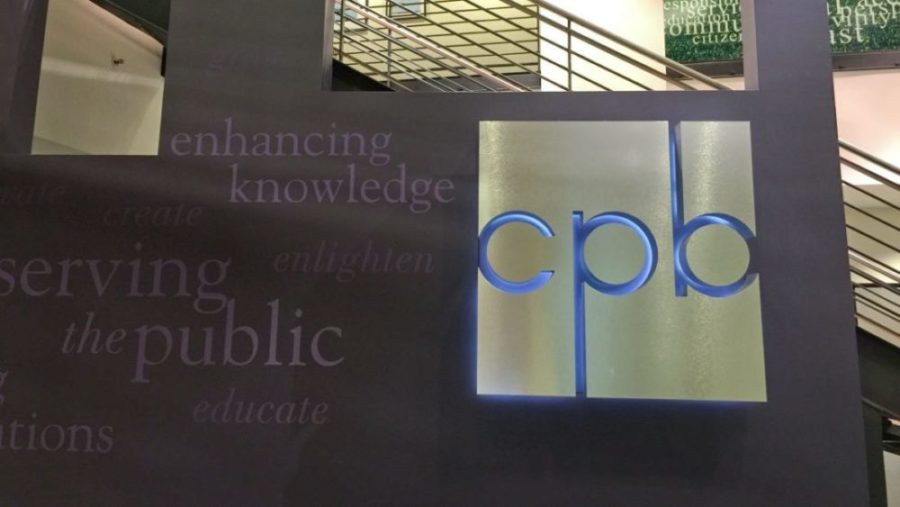New CPB grant bolsters disaster communications work at stations
Public broadcasters can provide enhanced emergency communications using a new grant from CPB and, in Florida, a network funded by the state.
CPB announced its $419,000 grant to NPR Tuesday. The support will provide stations in tornado-prone areas with software and training to use the Public Radio Satellite System to send emergency messages to mobile devices and other digital platforms.
“The heart of this project is to tap into new technologies to bring better immediate emergency communications to stations and audiences,” said Erika Pulley-Hayes, CPB radio VP, in the announcement.
NPR will use the grant to help up to 30 stations across 10 states. PRSS’s MetaPub API will allow them to send text and graphic alerts to receivers including mobile phones, HD radios and connected car devices.
“Stations can let their audiences know about impending threats from severe weather, recommended evasive action, and locations of emergency shelters,” said Michael Beach, NPR distribution VP. “These stations will help develop a process that can be used nationally across public radio.”
In Florida, public radio stations delivered news coverage and emergency messaging on weather conditions and evacuation orders to more than 20 million state residents during Hurricane Irma. The state-funded Florida Public Radio Emergency Network is operated by the University of Florida College of Journalism and Communications, which activated a storm center studio to produce live news coverage and emergency information. In addition to broadcast and online reporting, the network delivered geo-targeted information through the mobile app Florida Storms.
The storm center, staffed by professionals who were assisted by students, provided live Hurricane Irma news to 13 public stations across the state as well as additional commercial stations in in the Gainesville-Ocala market. That included reports from the college’s public station, WUFT-FM.
The service was critical to many residents, including Craig Fugate of Gainesville, a former Federal Emergency Management Agency administrator. After Hurricane Irma, “power was out, cable was out, and internet cellular data was out,” Fugate said. “The only information we could get was from radio. We tuned to WUFT 89.1 FM, which provided continuous updates on the community’s response and recovery news.”
Clarification: An earlier version of this article described the Florida Public Radio Emergency Network as similar to the grant-funded PRSS project, but the technologies supporting the systems are quite different. PRSS’s MetaPub API sends direct text and graphic alerts to mobile devices and connected cars. Florida’s system shares broadcast and online coverage among radio stations. Its mobile app integrates local coverage and emergency information that is geotargeted to a user’s location.






